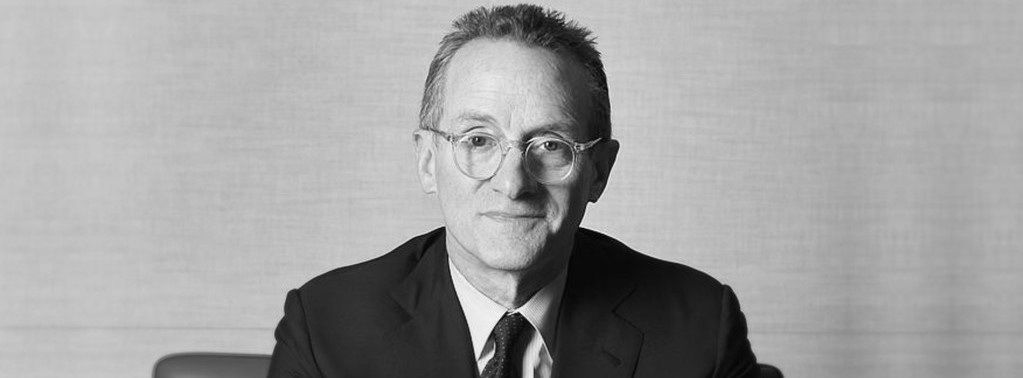Continue reading

Col. John Boyd’s Strategy Masterclass: “The Fighter Pilot Who Changed the Art of War”
Robert Coram, author of Boyd: The Fighter Pilot Who Changed the Art of War describes John Boyd as “first, last and always a fighter pilot – a loud talking, cigar-smoking, bigger-than-life fighter pilot”. But also as more than that: “he was that rarest of creatures – a thinking fighter pilot.” Boyd is widely considered to be one of the world’s greatest military strategists, despite the fact that it’s unlikely you have ever heard of him. Over his career he bought the Air Force its Aerial Attack Study, invented Energy-Maneuverability (E-M) Theory, was the father of the F-15 and F-16 fighter jets andContinue reading
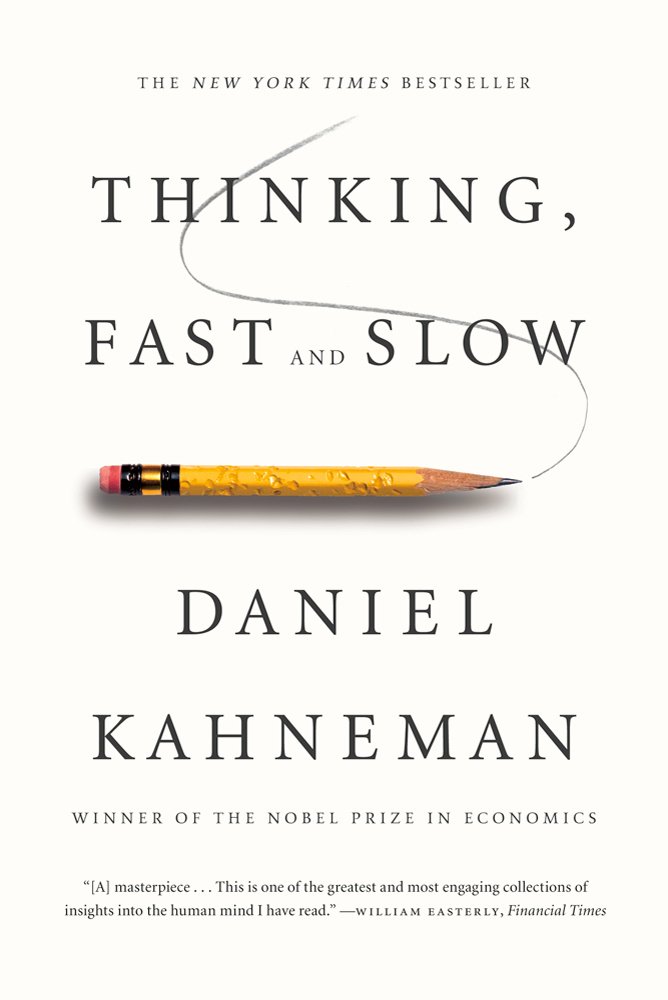
Daniel Kahneman on the cognitive biases of entrepreneurs
Thinking Fast and Slow is a book about biases of intuition. It’s ideas are so potent that they won it’s author Danuel Kahneman a Nobel in economics. Kahneman identifies that the human brain works very well most of the time and our judgments are sound. However, it is prone to engage in a number of fallacies and systematic errors that lead to flawed opinions and adverse decision making, otherwise known as cognitive biases. We assume certain things automatically without having thought them through carefully. Kahneman calls these assumptions heuristics and, for entrepreneurs, they can be deadly. An awareness of them is theContinue reading
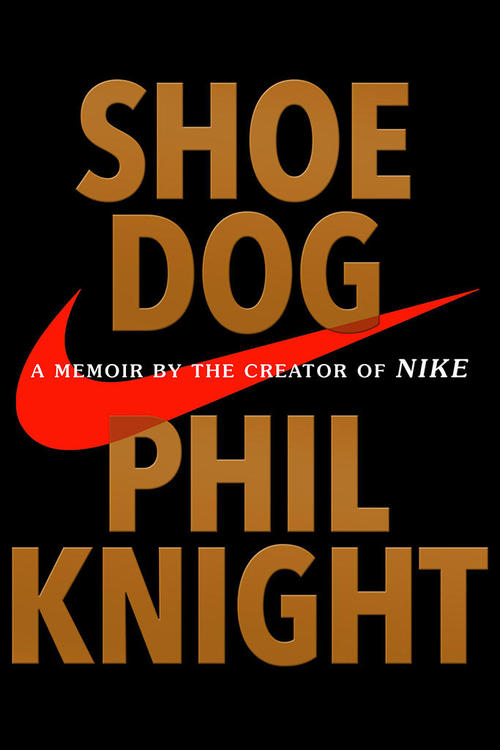
The best business & leadership quotes from ‘Shoe Dog’ by Phil Knight
Phil Knight is the founder, former CEO and now Executive Chairman of Nike. In Shoe Dog: A Memoir by the Creator of Nike he tells his story of taking the business from humble origins, through an IPO in 1980 and onto its current $30 billion market capitalisation. Nike is still widely regarded to be one of the most innovative companies in the world. Phil Knight started and grew the business out of the back of a van in the early 1970s. A Stanford graduate, avid reader of the Classics and books about military strategy, and a natural introvert, he captures aContinue reading
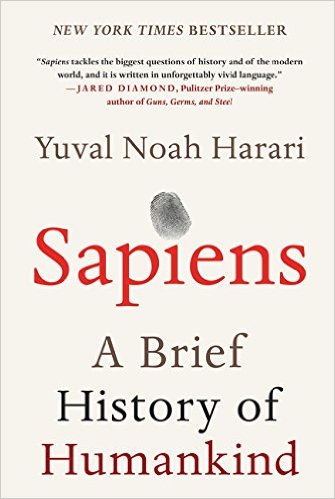
Yuval Harari explains Capitalism
Yuval Noah Harari’s book Sapiens: A Brief History if Humankind charts our origins from hunter gatherers 2.5 million years ago on to the rise of Homo Sapiens 200,000 years ago. He takes the reader through the Cognitive Revolution 70,000 years ago, the Agrarian Revolution 10,000 years ago, into the Scientific Revolution in the 1500s, the Industrial Revolution in the late 1700s and on to the present. Harari covers a lot of ground that includes a deep dive into capitalism: “an economic-led system based on private ownership of the means of production and their operation for profit”. He explores how something thatContinue reading

Cancer & Entrepreneurshit
On 13th February 2015 I was diagnosed with Stage 3 colorectal cancer. At the beginning of August this year my treatment was complete. After nearly two years of grappling with a life-threatening illness, whilst at the same time hanging on to the bones of a business that I had set up just eighteen months before diagnosis, it is time to embrace the new normal. This is my story about cancer and entrepreneurshit.Continue reading

Cancer & Entrepreneurship
Disillusioned with the corporate world and mesmerised by a whole season living in my campervan in the French Alps, I decided it was time for another change. In September 2013 I resigned from Deloitte Consulting and set up my own business as an entrepreneur coach. After five months spent climbing and skiing consequential lines, my rationale was simple: entrepreneurship was going to push me hard and I might end up penniless, but I’d learn a lot and it couldn’t kill me. On that basis, and with some ideas about how I’d grow my business in mind, the decision was made.Continue reading
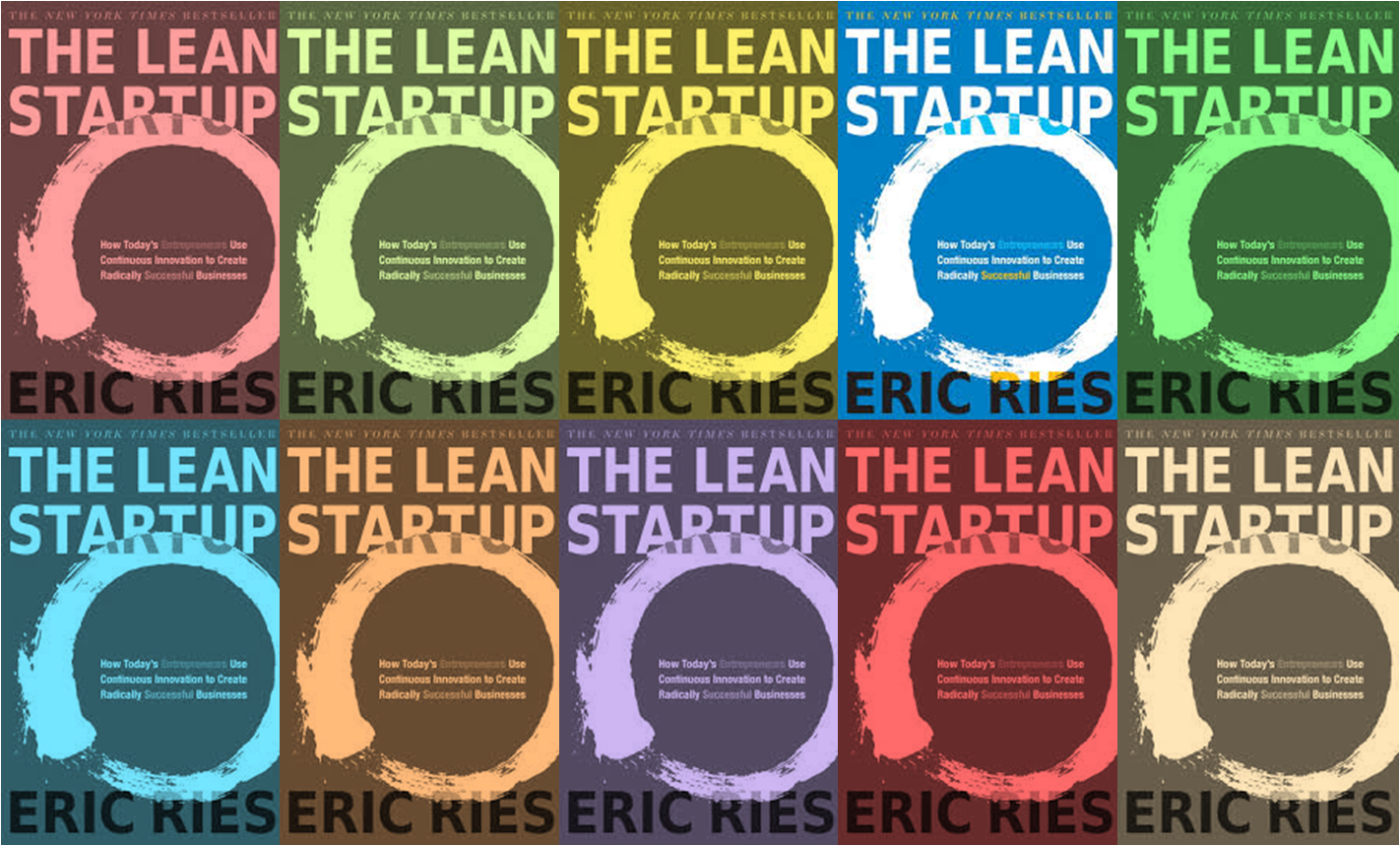
What’s wrong with The Lean Startup
The Lean Startup, by Eric Ries, was first published in 2011 and has since become the bible for startup entrepreneurs around the world. More recently, the approach outlined in The Lean Startup has received criticism, but is that fair? In this post I argue that it is not, because that is all it is, an approach, albeit a very good one.Continue reading
